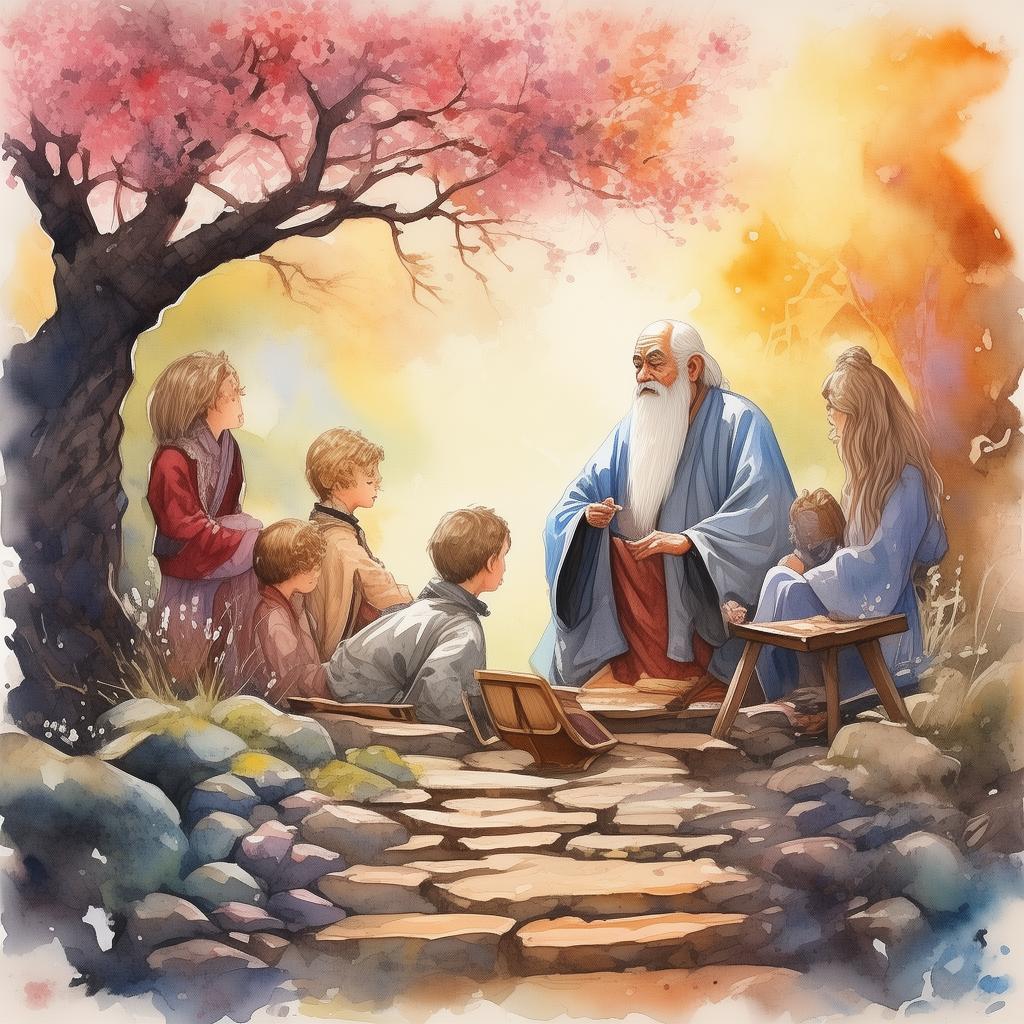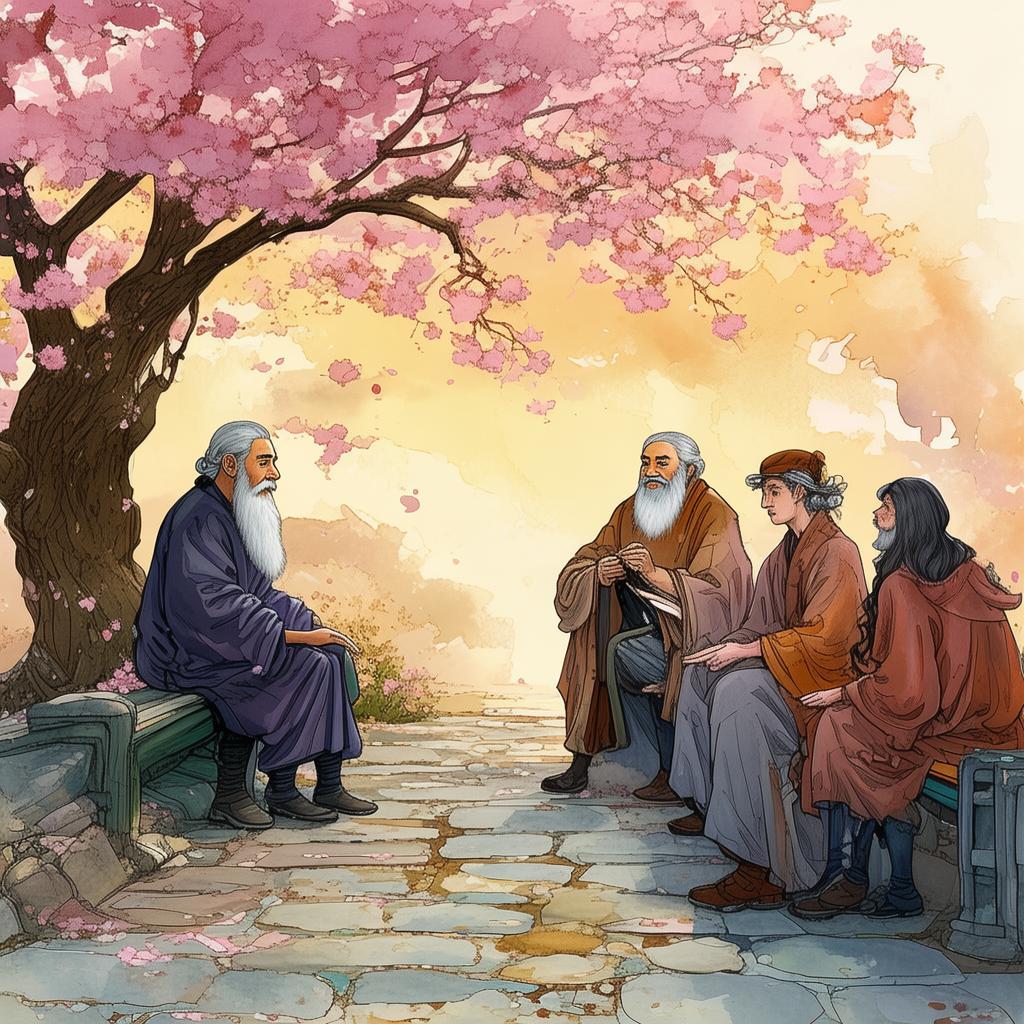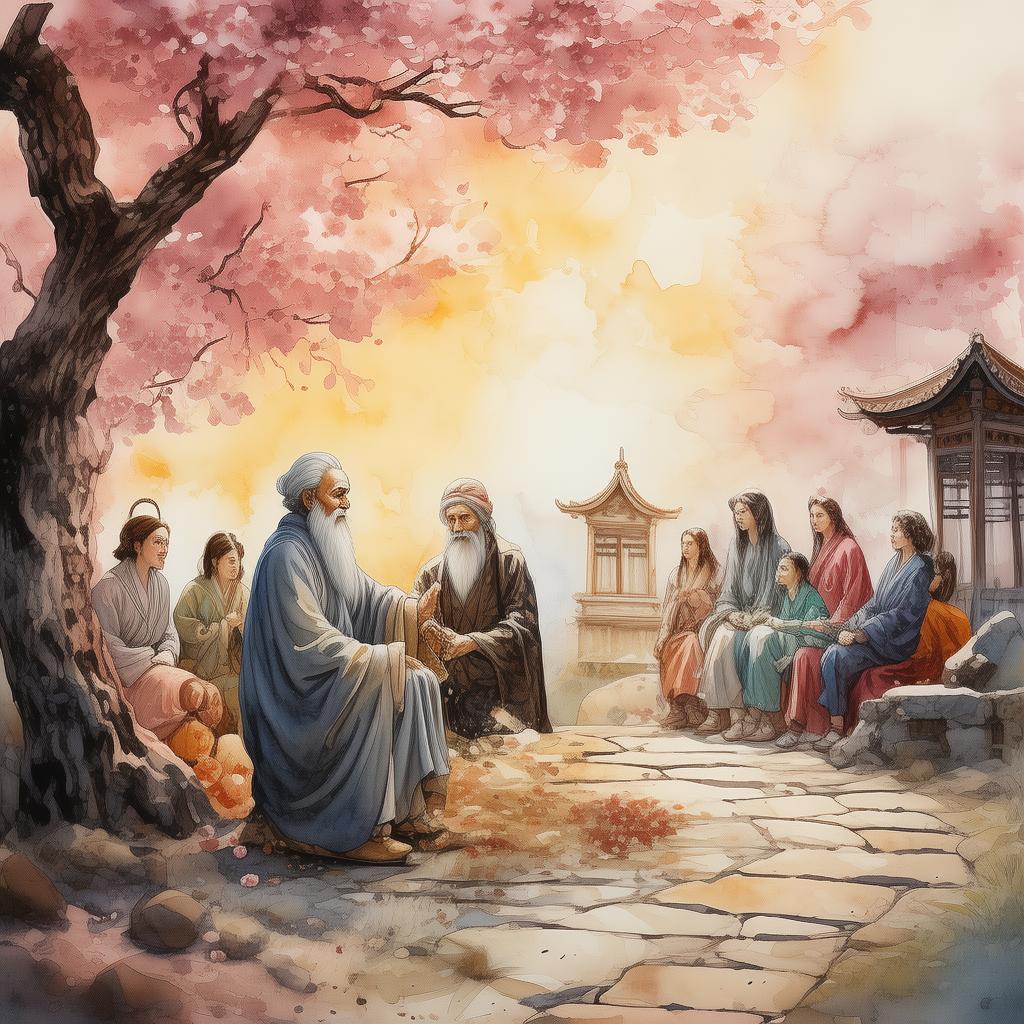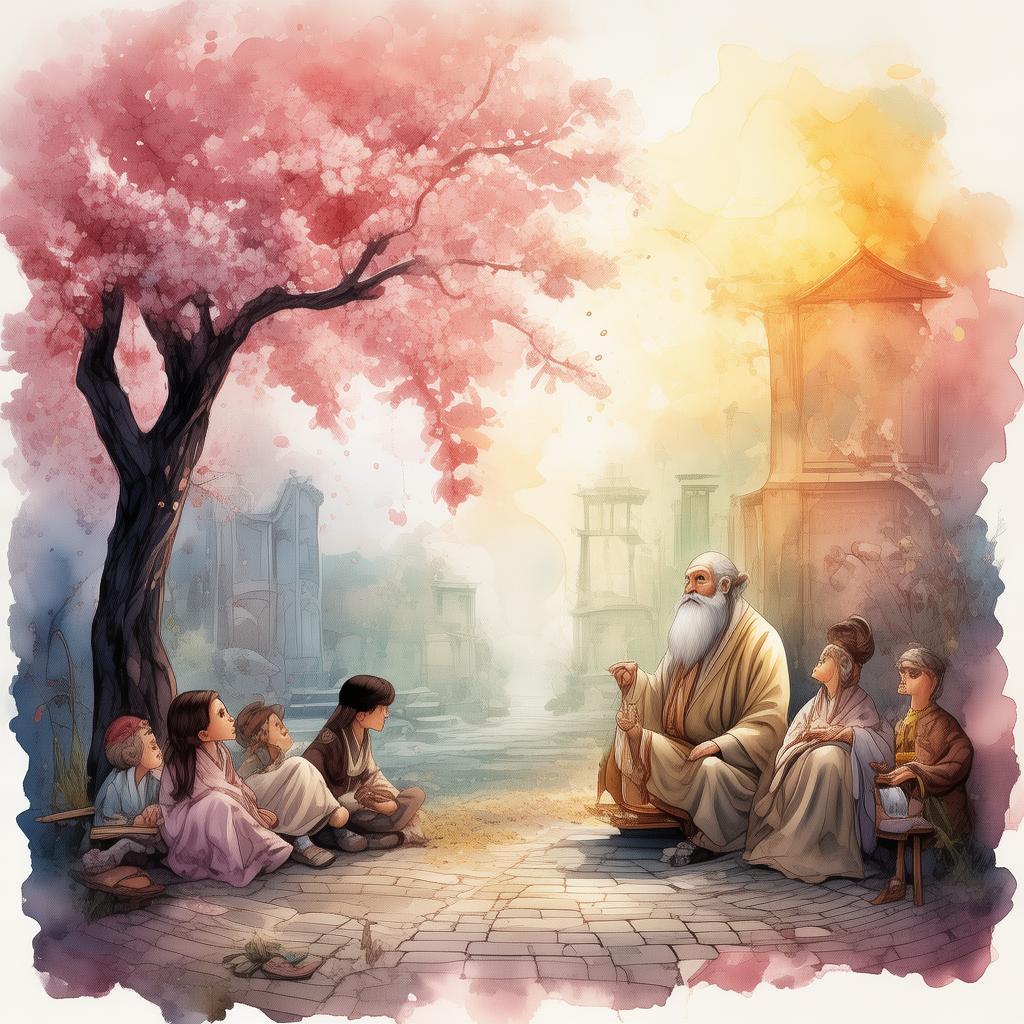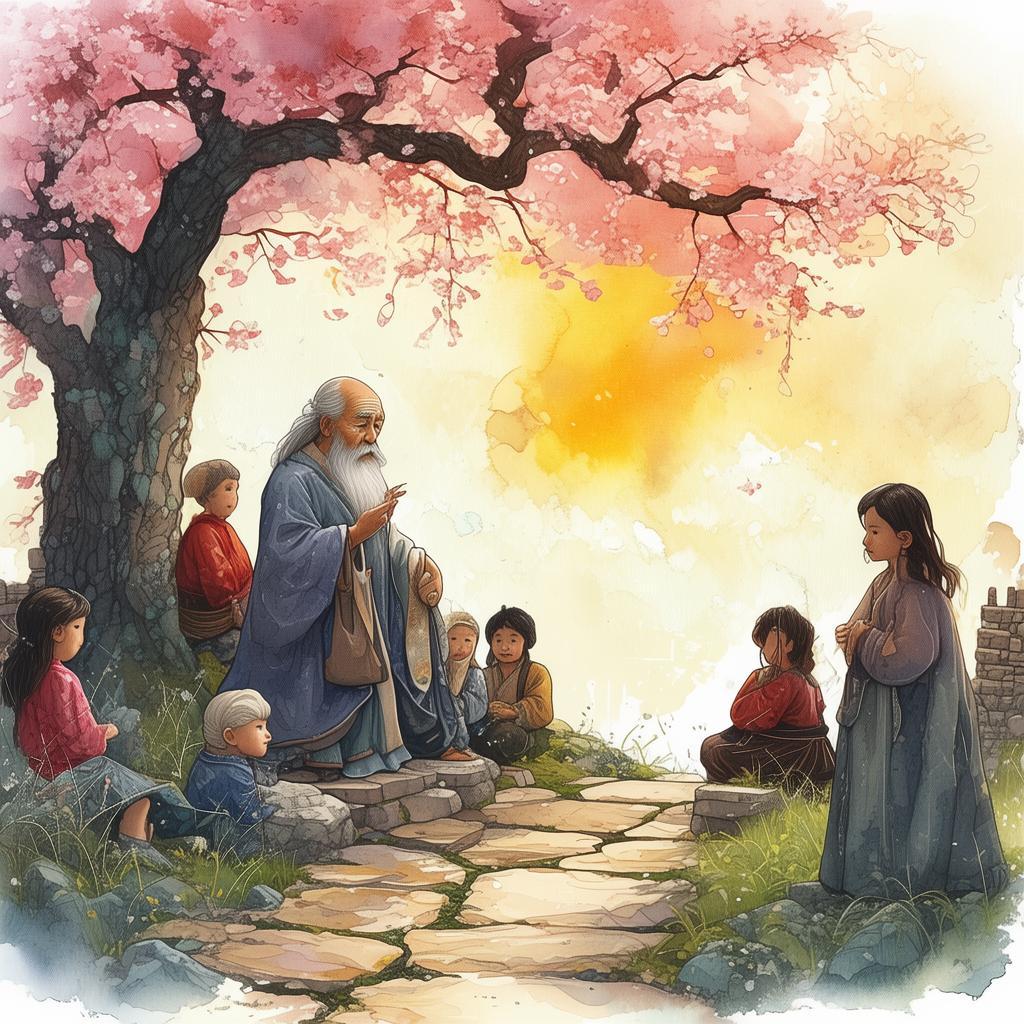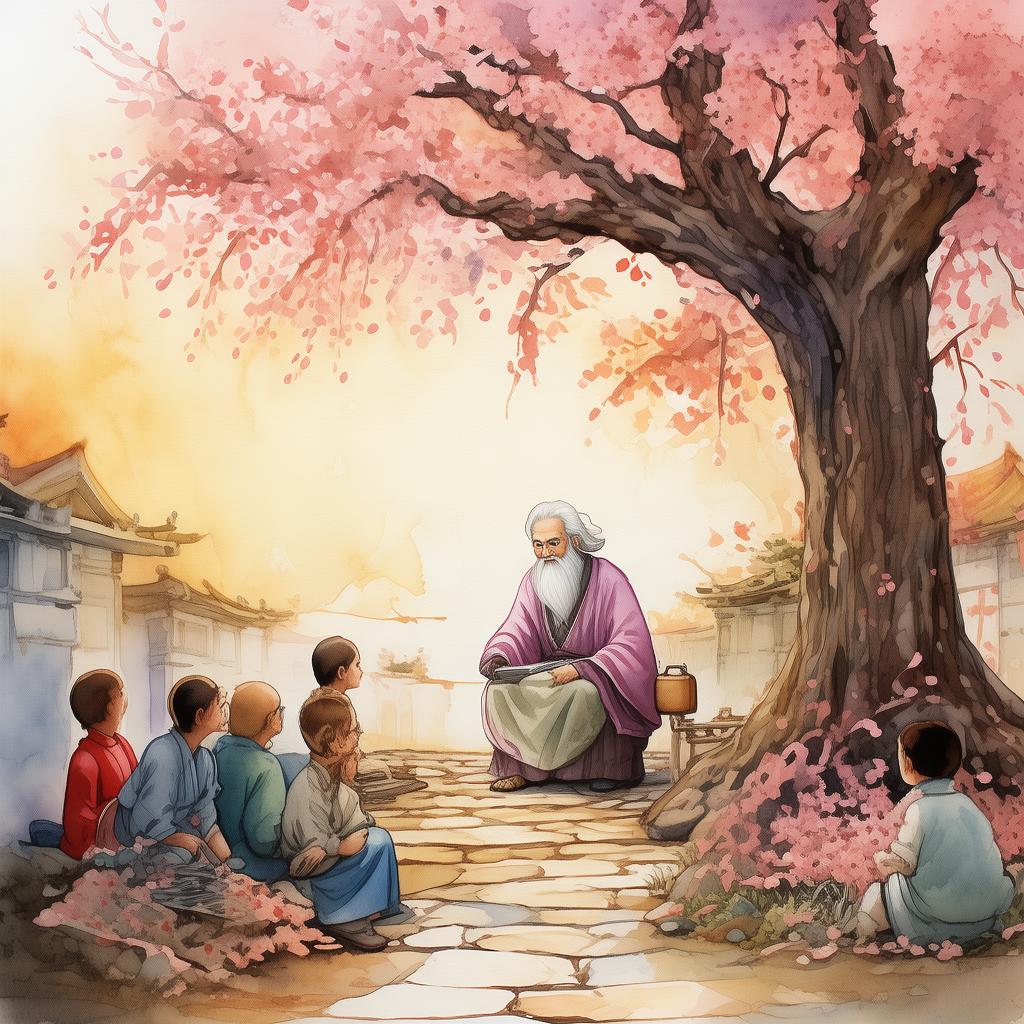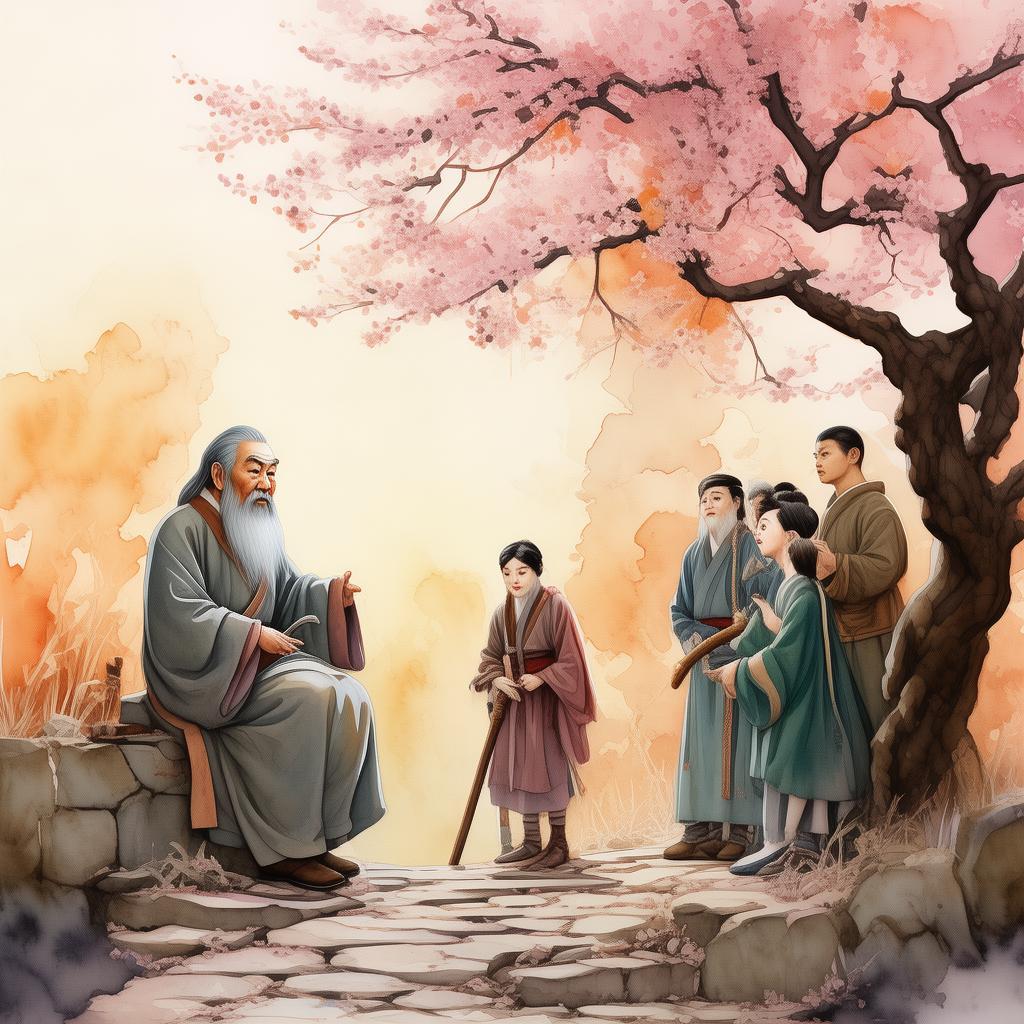Whispers of the Vanished Monk: The Path to Enlightenment
In the serene mountains of ancient China, there lived a revered monk named Zen, known for his profound wisdom and serene demeanor. His teachings were sought after by many, and his presence brought peace to the hearts of all who encountered him. Yet, as the story goes, there was a dark secret that lay beneath the monk's serene exterior.
One crisp autumn morning, the temple was abuzz with activity. The monks were gathered for the daily meditation session, when suddenly, a hush fell over the crowd. The abbot stepped forward, his face pale with concern. "Ladies and gentlemen," he announced gravely, "Monk Zen has vanished. He has left no trace, no note, no explanation. We must find him."
A young monk named Ming, who had been training under Zen for years, felt a deep sense of duty. "I will go," he declared. The abbot nodded solemnly, knowing that Ming was the only one who could possibly understand the monk's mind.
Ming set off on his journey, guided by a single clue: a mysterious scroll hidden in Zen's personal chamber. The scroll was written in an ancient script, and its words seemed to dance with a hidden meaning. "Seek the heart of the mountain," it read. Ming knew that this meant he had to venture deep into the mountains, where the true essence of the monk's teachings lay.
As Ming trekked through the dense forest, he encountered many challenges. The path was treacherous, and the weather was unpredictable. He met with bandits who demanded tribute, and he outsmarted them with his quick wit. He also crossed paths with a wise old hermit who offered him a cup of tea and a piece of advice: "The true path is not in the mountains, but within."
Ming pressed on, undeterred. He reached a secluded cave, where the air was thick with the scent of ancient stone. Inside, he found a hidden chamber, and there, beneath a pile of dusty scrolls, lay the body of Monk Zen. He was alive, but his eyes were closed, and he did not respond to Ming's calls.
Ming approached the monk, his heart heavy with sorrow. He took the scroll from the chamber and unrolled it. The words seemed to come alive as he read them, each line resonating with the truth he had been seeking. "The path to enlightenment is not about escaping the world," it read. "It is about embracing it, understanding it, and finding peace within."
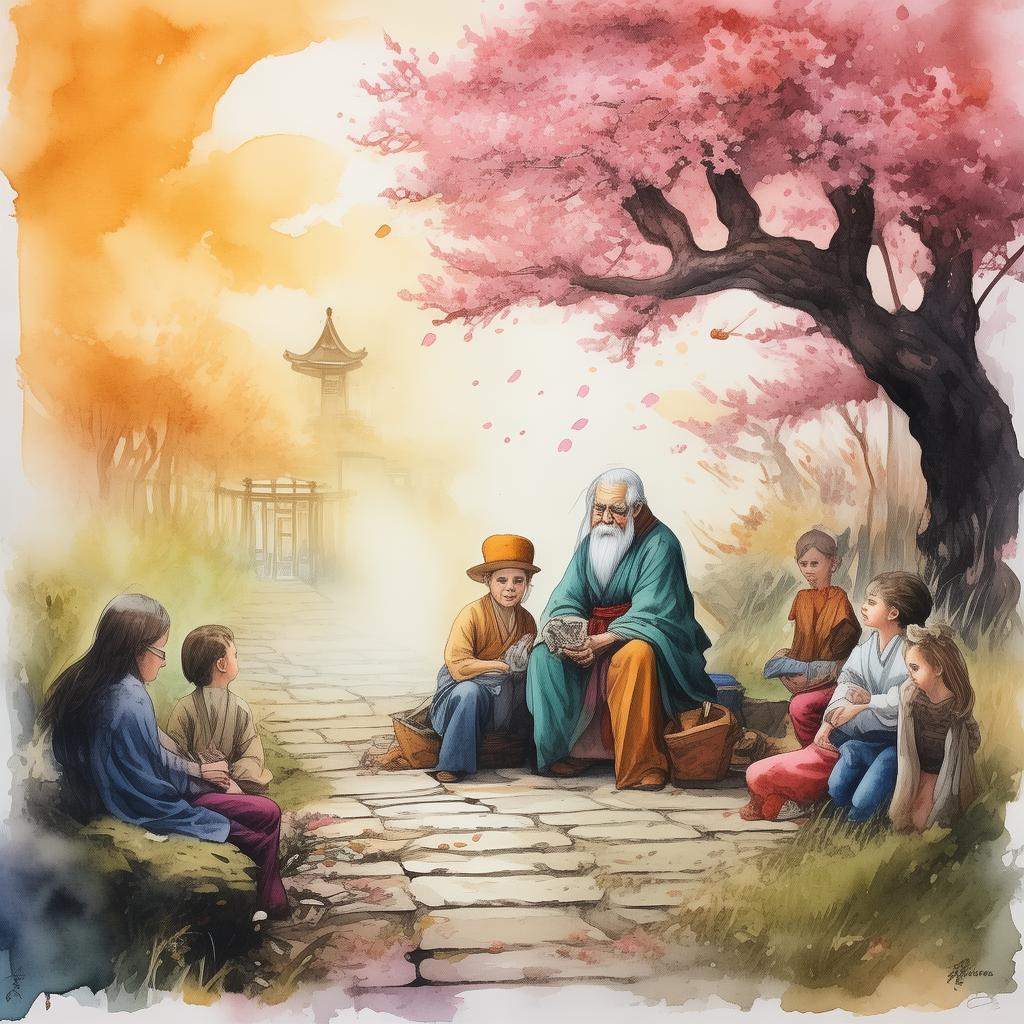
Ming realized that Zen had been teaching this all along, but he had never truly understood it. He sat with the monk, meditating in silence, until the words of the scroll began to make sense. He understood that the true essence of enlightenment was not about escaping the world, but about finding a place within it where peace and understanding could reside.
As Ming left the cave, he felt a profound sense of peace. He returned to the temple, where he shared his experience with the other monks. They gathered in the main hall, and Ming spoke of his journey, of the challenges he had faced, and of the profound truth he had discovered.
The abbot listened intently, his eyes filled with tears. "You have found the heart of the mountain," he said. "You have found the true essence of enlightenment."
Ming nodded, knowing that he had found not only the truth about Monk Zen, but also about himself. He had discovered that the path to enlightenment was not about escaping the world, but about embracing it, understanding it, and finding peace within.
And so, the story of Monk Zen and the young monk Ming became a legend, a tale of enlightenment and the journey within. It was a story that would be told for generations, a reminder that the true path to peace and understanding lies within each of us.
✨ Original Statement ✨
All articles published on this website (including but not limited to text, images, videos, and other content) are original or authorized for reposting and are protected by relevant laws. Without the explicit written permission of this website, no individual or organization may copy, modify, repost, or use the content for commercial purposes.
If you need to quote or cooperate, please contact this site for authorization. We reserve the right to pursue legal responsibility for any unauthorized use.
Hereby declared.
